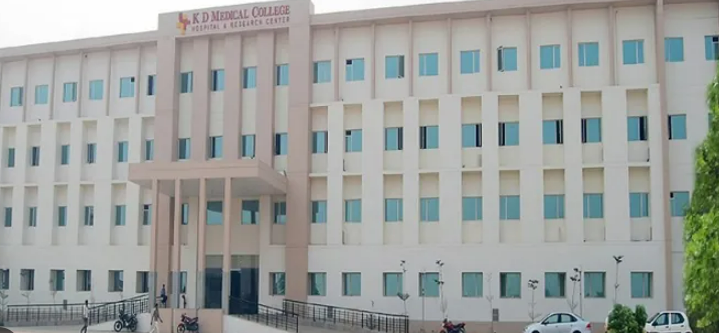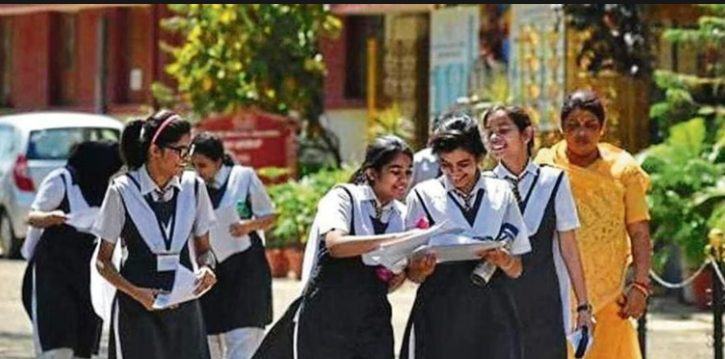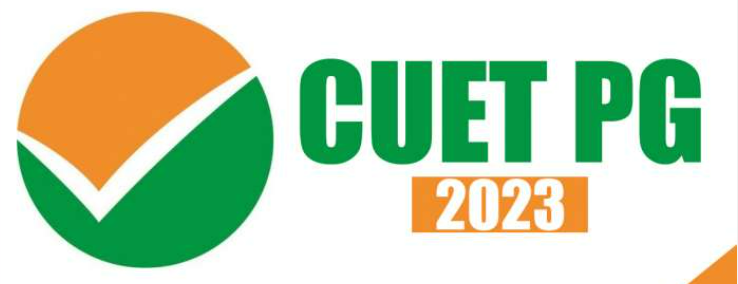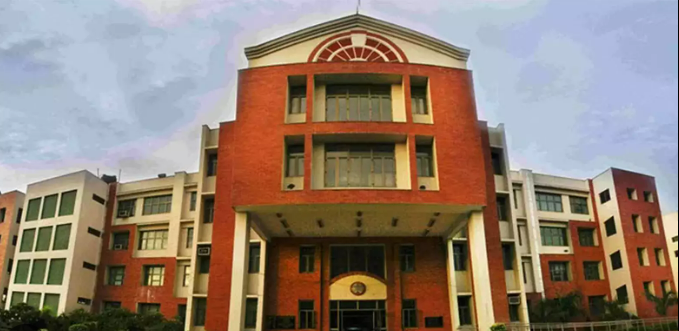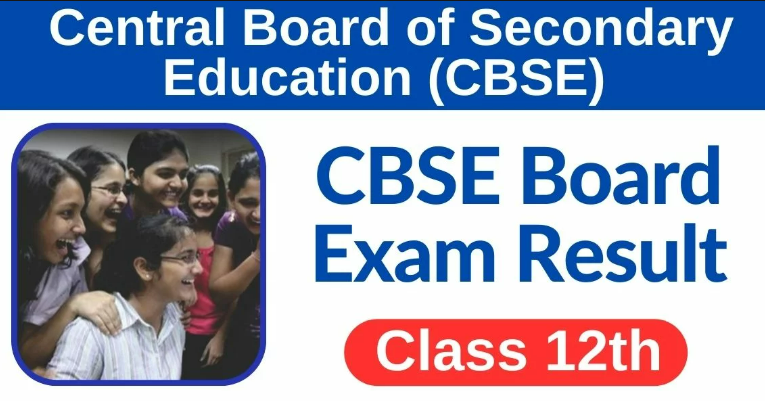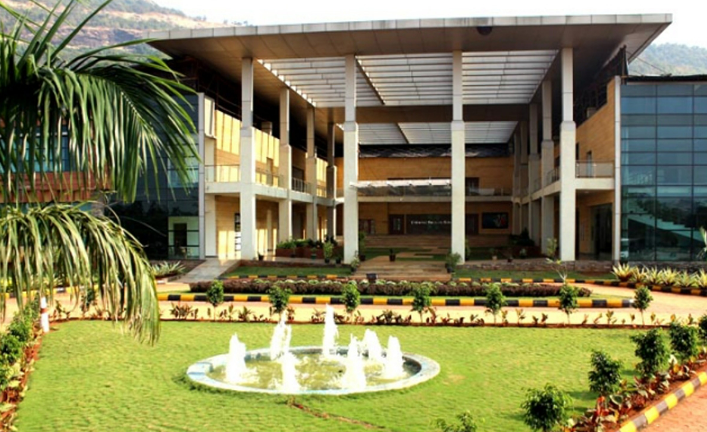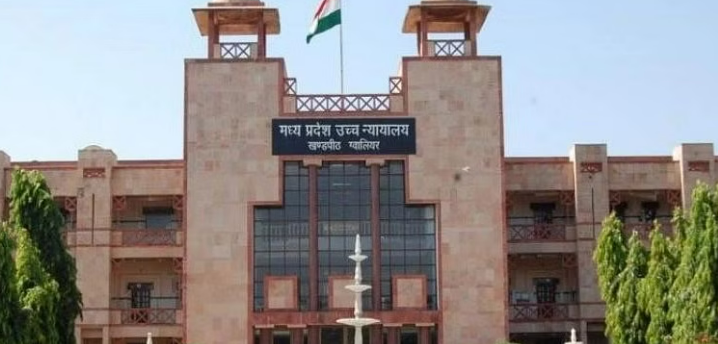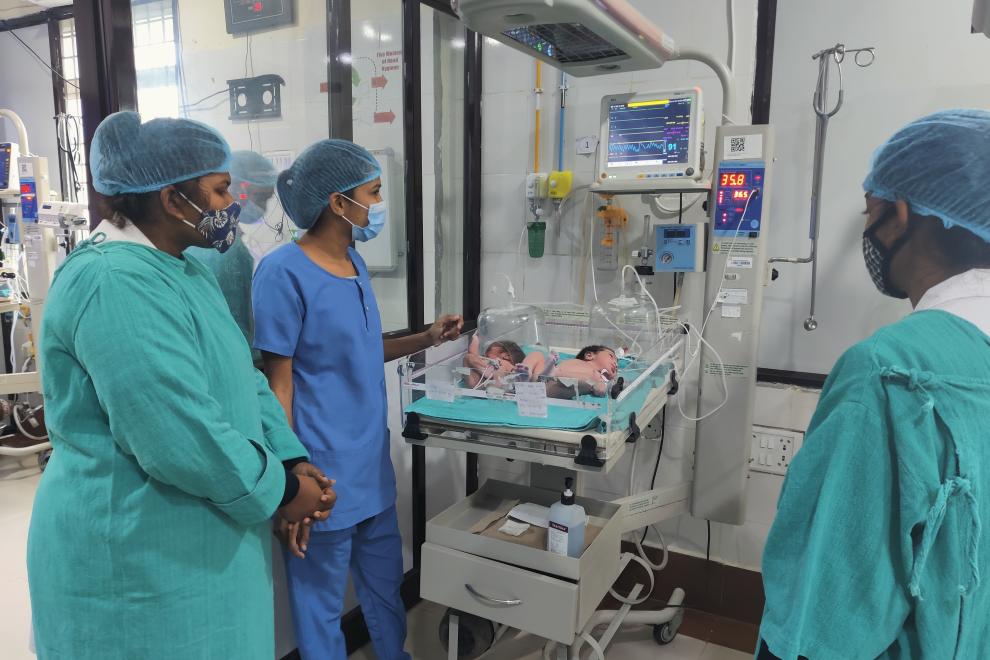Although planning for NEET counselling and admission to medical colleges might be a difficult process, you can get through it effectively if you give it considerable thought and understanding. In this post, we’ll go over a few ideas that will assist you in thinking critically and getting the necessary advice so you can successfully navigate the NEET counselling process and improve your chances of getting accepted to the best medical colleges.
Many students have a broad concept of their projected performance in the NEET test after predicting their scores using unofficial answer keys supplied by private coaching schools. There is still time for individuals who haven’t completed this activity to do so. Within two or three weeks, the NTA (National Testing Agency) is going to release the official answer key. Students will be able to download their OMR sheets and compare their answers after the official answer key is made available in order to more precisely predict their expected scores.
It’s important to note that a large number of students have already completed this initial evaluation, with 90% of them having learned about their anticipated scores.
You might find yourself viewing a lot of videos or reading a lot of articles on NEET counselling and medical schools now that you have an idea of your projected score.
Here are some important concepts that you should keep in mind during this time.
-
Considering Domicile Quota:
It’s crucial to be aware that many states, notably in South India, such as Telangana, Andhra Pradesh, Karnataka, and Tamil Nadu, have government quotas at private universities. These quotas frequently have fees that are lower, on level with public universities, or only a little bit higher, like in Tamil Nadu and Karnataka. It’s important to note that only students who are domicile residents of the relevant states are eligible for these discounted costs.
It is critical to make the necessary preparations based on your domicile status if you are thinking of paying government quota fees for private universities. It is important to note that the majority of states in North India, including Delhi, Haryana, Uttar Pradesh, and Bihar (though Bihar may have relevant quotas this time, confusing many students), do not have such government quotas. In Rajasthan, there are additional private seats in government colleges with costs of ₹8,00,000. There are comparable government quotas with cheaper fees in Punjab and West Bengal.
Therefore, it’s imperative to evaluate the options available to students from various states or categories while planning your choices depending on your residence, category, and marks. Avoid assuming anything about the criteria and requirements without first comprehending them. Seeking advice from a qualified counsellor can be helpful if you find it difficult to calculate your possibilities accurately.
Having an understanding of your alternatives based on your score. Your domicile status, category, and the colleges you are qualified for must all be taken into account. It’s also vital to evaluate the prospects for pupils from different states or groups. Instead of relying on assumptions, seek out the right advice to help you make decisions. Your choice of colleges will be guided by the results of this preliminary evaluation. Professional counsellors are on hand to help if you need assistance with the procedure.
Your money is the second important factor to take into account while choosing private institutions. It is crucial to recognise your financial limitations. You must evaluate and decide on your comfortable spending plan for the next five years. I urge you to take part in this practise on your own. Always pick a spending limit that you can adhere to for the duration of the programme.
Sometimes, students arrange the first year’s tuition from any accessible source due to emotional factors or the desire to gain admission. But this rash choice could cause serious problems along the road. It’s important to keep in mind that costs in medical colleges extend beyond the first year. Therefore, it’s essential to choose a budget that will secure your financial security for the full five years.
You can prevent needless problems and ensure a successful academic experience in medical college by carefully assessing your financial condition and making the required plans.
-
Make a List of Potential colleges:
The third step is to make a list of potential colleges after comparing your score and spending plan. To create this list, you can either get the aid of a qualified counsellor or do the necessary study independently. Understanding the admissions requirements for each of these universities is crucial once you have your score, your spending plan, and a list of prospective colleges.
In each of India’s 28 states as well as six of its eight Union Territories, there are both public and private medical colleges. There are both public and private medical schools in the Union Territories, and each state has its own counselling programme run by the appropriate Director of Medical Education (DME). The counselling procedure is another step in the admissions process for these universities. It’s important to remember that direct admission is not an option at Indian colleges, whether they are government, private, or other types. Therefore, compiling a comprehensive list of universities is crucial.
-
Understand Counseling Rules
It’s important to note that potential students may occasionally be misled by institutions or brokers. It’s critical to recognise that admittance through the management quota is equally subject to the counselling procedure, even while taking that quota into account. Therefore, based on your score and spending limit, you must determine the admissions procedure for each college on your list. If the college is private, you should get familiar with the state’s counselling procedures. Recognise the guidelines and standards that apply to the counselling process. Admission at deemed universities takes place under the guidance of the Medical Counselling Committee (MCC). It’s also critical to be aware that some states, including Punjab, Maharashtra, Gujarat, and Madhya Pradesh, have domicile quotas.
It’s also critical to comprehend how each state’s admissions procedure works. For the sake of clarity, let’s look at a few cases.
In Maharashtra, you can only submit an application for the institution’s quota, which is in high demand. You must, however, fulfill the requirements in order to be taken into consideration for admission.
After the first round, you are eligible to participate in the counselling process in Madhya Pradesh, but getting a seat there is very difficult because preference is given to applicants from that state. As a non-domicile candidate, your chances of winning a seat are extremely less. Similar to Punjab, you can run against different agents trying to rig the system if you’re only qualified for the seat at CMC Ludhiana.
Therefore, it’s imperative to check that the college you’ve recommended matches your financial situation and available options. If you need support, a qualified counsellor can offer helpful advice.
-
Prepare the Required Documents
You can go on to the documentation phase when you have created your college list, comprehended the counselling process, and taken into account your score, spending plan, and admission process. This entails assembling the evidence you’ll need to support your application. Make sure you have all the necessary documentation on hand. Make sure you have the necessary supporting documentation, such as minority certificates or EWS certificates, if you fall under a specific quota, such as the EWS or minority quota. Similarly, make sure you have the required paperwork to support your claims if you are claiming any category or quota, such as the Army, Freedom Fighter, NCC, or Government School Quota. When you go on to the next steps, it is crucial to have your documents prepared.
The following is a complete list of the documents you could require:
-
Personal Identification Documents:
- Aadhaar card or any other government-issued ID proof
- Passport-size photographs
-
Academic Documents:
- Class 10th and 12th mark sheets
- Transfer certificate or school leaving certificate
- Migration certificate (if applicable)
- Character certificate
-
Scorecard and Rank Card:
- NEET scorecard
- NEET rank card
-
Category/Quota Specific Documents:
- Minority certificate (if applicable)
- EWS certificate (if applicable)
- Domicile certificate (if claiming state quota)
- Category certificate (if belonging to a specific category)
-
Quota Specific Documents:
- Army/Defense quota certificate (if applicable)
- Freedom Fighter certificate (if applicable)
- NCC certificate (if applicable)
- Government School Quota certificate (if applicable)
Please make sure you have both the original and copies of these documents because the counselling and admissions process can call for them.
Additionally, it’s critical to fully comprehend the state’s counselling laws and regulations. Various regulations, such as those requiring a security deposit or restricting free leave after the first round, may vary by state. Learn the particular needs and recommendations to successfully complete the counselling procedure.
You can confidently participate in the counselling process and improve your chances of being admitted to the institutions on your recommended list by following these instructions and making sure your documents are in order.
You can get in touch with Team BODMAS if you need any further help or direction in comprehending the complete procedure or assistance with any of the above-mentioned steps. For in-depth explanations and problem-solving, call them at the number provided or arrange a video appointment. By clicking the link in the description and choosing an appropriate day and time from the calendar, you may even arrange a meeting at their Noida office if you live in Delhi NCR.
**This Piece of information is provided by Mr.Ashok Singh (Founder BODMAS EDUCATION SERVICES Pvt. Ltd), he has a diverse professional background. He has taught and mentored many students for competitive exams. He was well-regarded by his students for his teaching methodology and ability to motivate them to achieve their academic goals. With his experience in finance and education, Ashok Singh has a unique perspective on the challenges that students face while pursuing their academic goals. He offers comprehensive educational consulting services to students and parents to help them navigate the complexities of the education system. He takes a personalized approach to his consulting services and works closely with each student to create a customized plan tailored to their individual needs and goals.





















